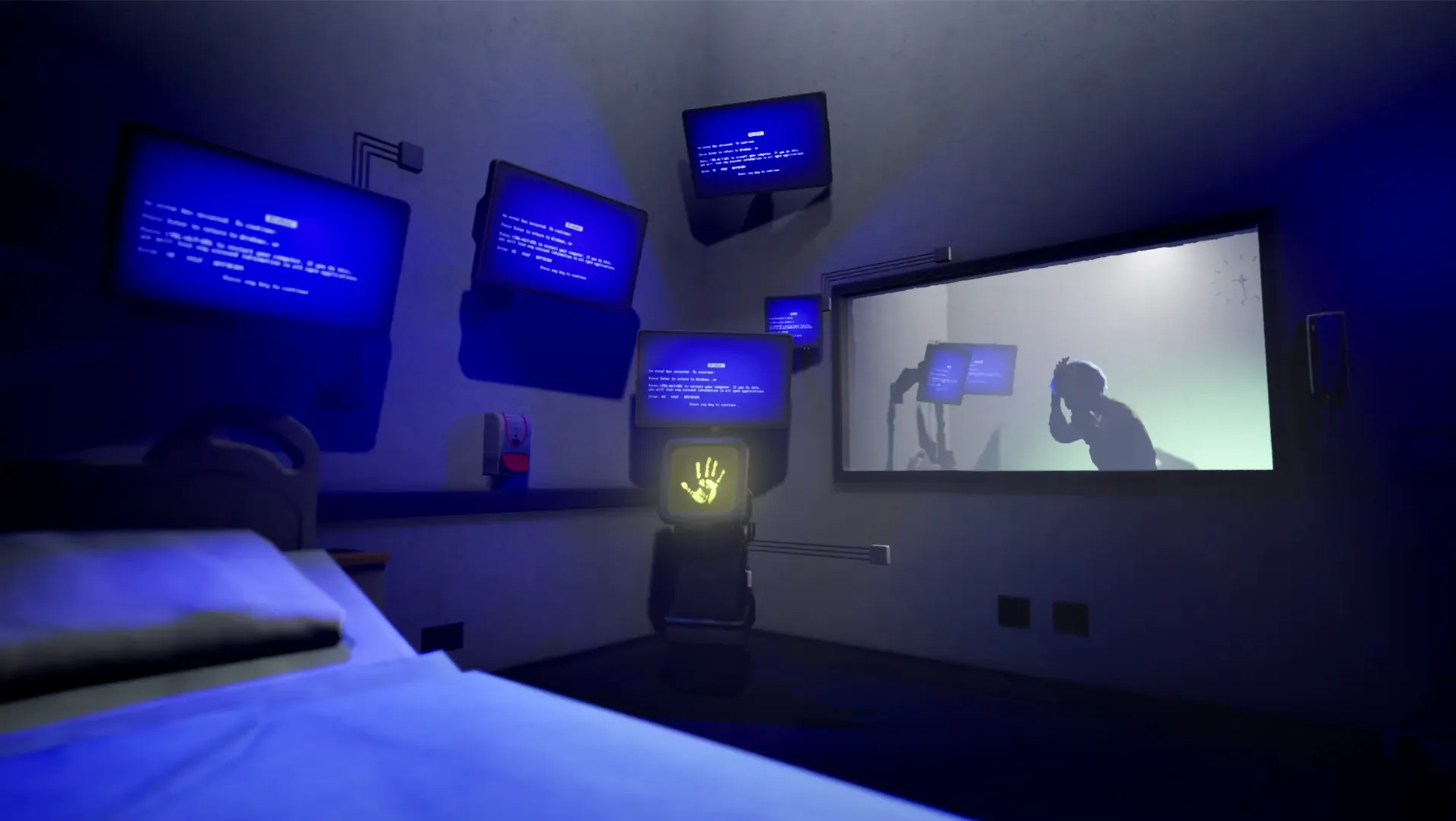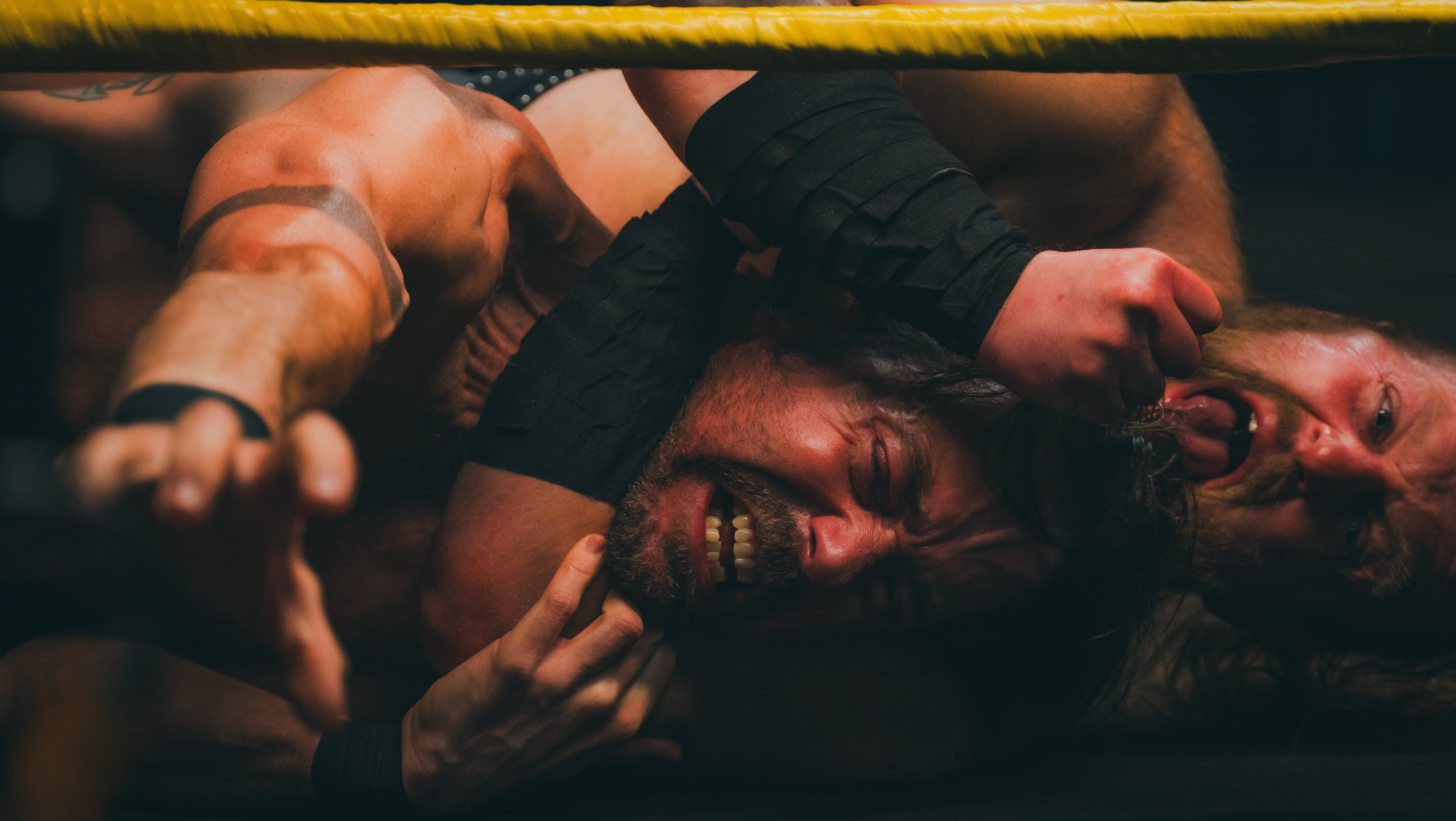Mary Anning
Synopsis
Details
- Year
- 2018
- Type of project
- Shorts
- Running time
- 20 min 51 sec
- Director
-
Natashia Mattocks
- Producer
- Lucy Meer
- Editor
- Lia HAyes
- Screenwriter
- Natashia Mattocks
- Director of Photography
- Alvilde Naterstad
- Production Designer
- Ana Boldini-witherow
- Sound
- Liam Gilchrist
- Composer
- Ben Stanbridge
- Principal cast
- Keeley Forsyth
Genre
Categories
Production Status
Production Company
National Film and Television School
Page updates
This page was last updated on 12th May 2025. Please let us know if we need to make any amendments or request edit access by clicking below.
See also
You may also be interested in other relevant projects in the database.
 Mary Anning
Mary Anning
Director: Natashia Mattocks
Year: 2018
It is 1830 and the scientific world is closed to women. Mary, a prolific but destitute fossil hunter has recently made another big discovery. But she hasn’t been credited, again. Based on true events, the story of one woman’s quest to make groundbreaking discoveries against all odds.
 The Baby Factory is Closed
The Baby Factory is Closed
Director: Deepa Mann-Kler
Year: 2026
A 20-minute single-player immersive VR experience that places users inside the body of Zoraan, a British-born Sikh woman navigating menopause amidst climate collapse and the ruins of colonial medicine. You breathe with her. You scream with her. You dance your way out of sedation. Blending real-time visuals, bio-haptic feedback and diasporic sound, this work reframes menopause not as decline but as volatile power; closing ‘The Baby Factory’ to ignite a cultural revolution. Using gesture, voice and biometric feedback, audiences become co-conspirators in a volatile act of embodied rebellion. This is not a metaphor. This is an insurgency. Official Selection SXSW 2026 - XR Competition - World premiere
 Chokehold
Chokehold
Director: Christopher Bevan
Year: 2026
In a desperate attempt to escape his troubled home life, a young teenage boy runs away to seek out his estranged father, a once-famed professional wrestler.
